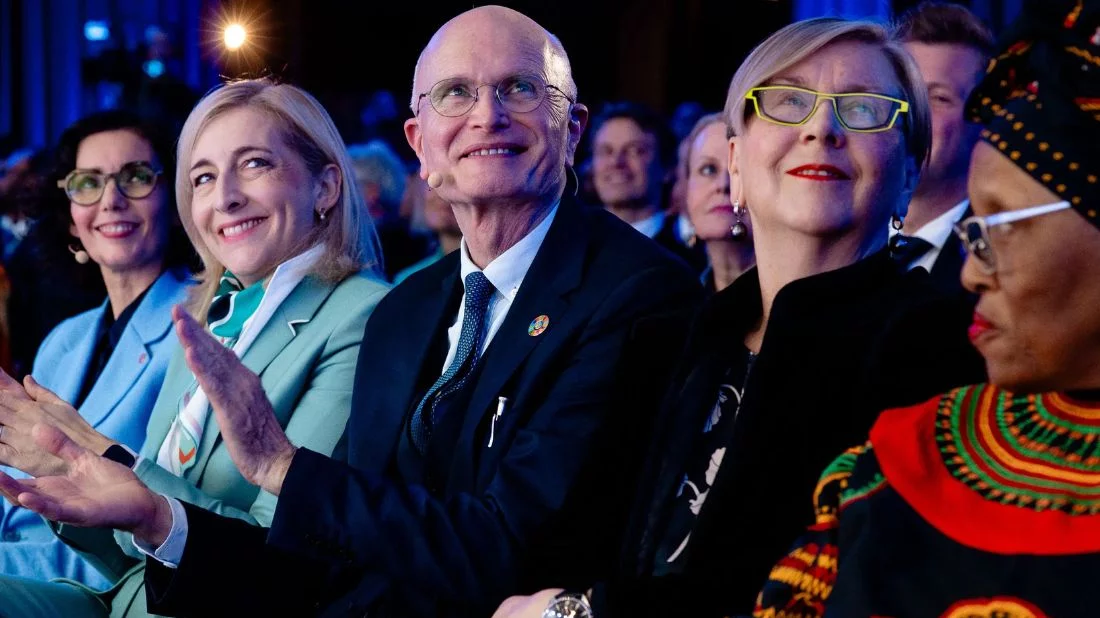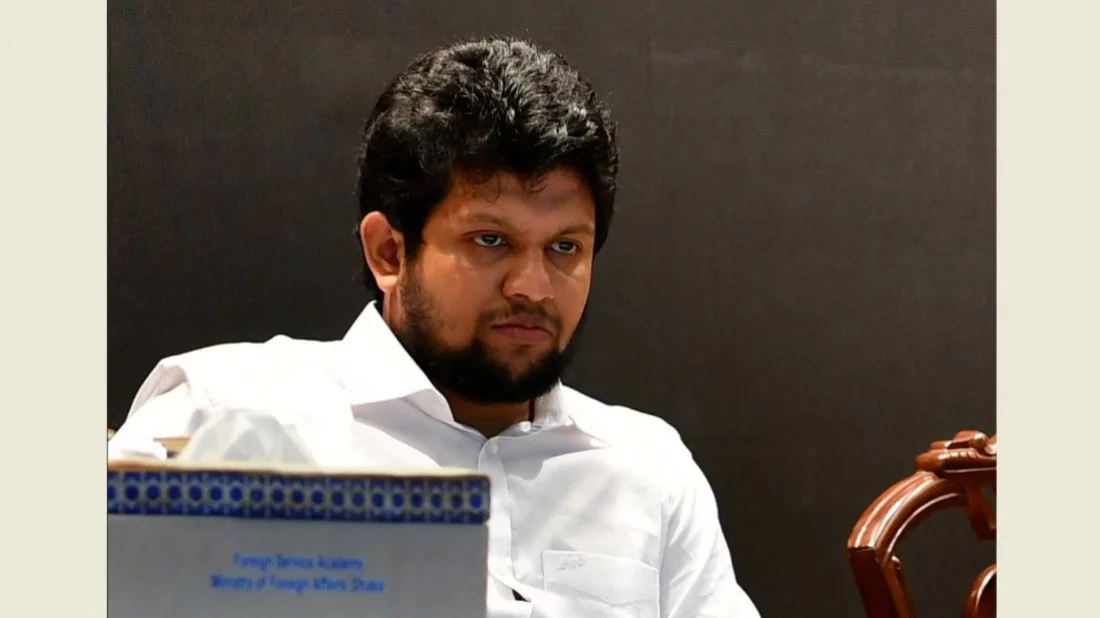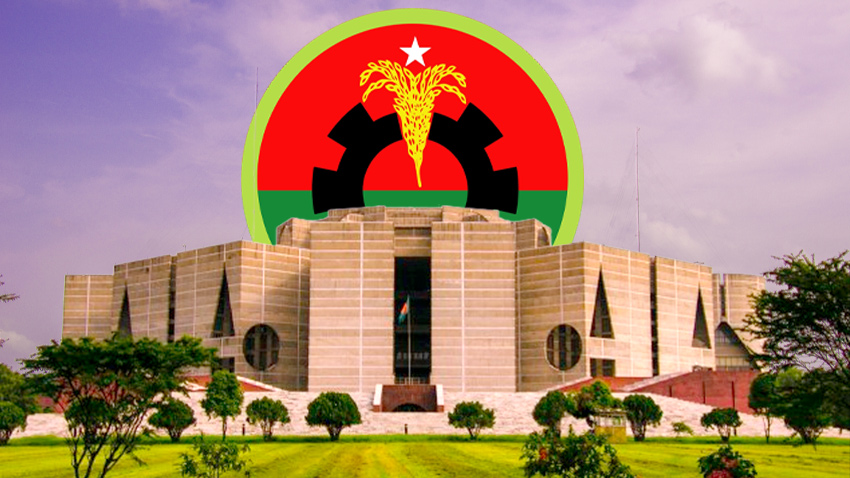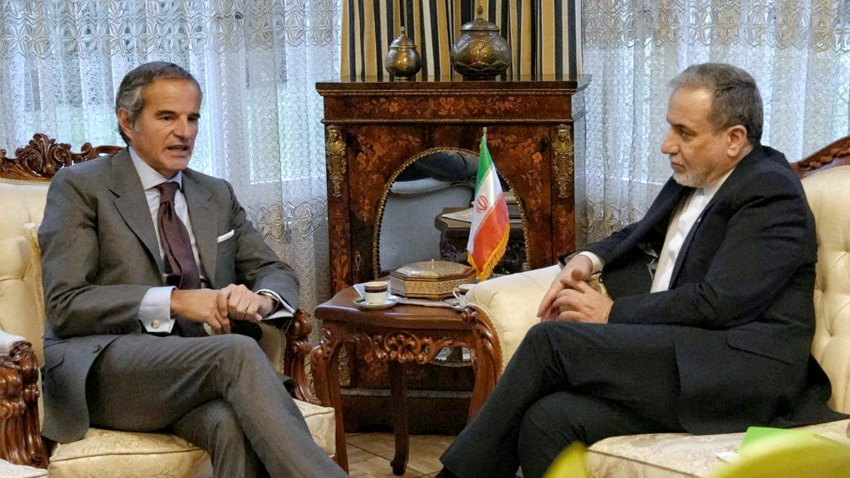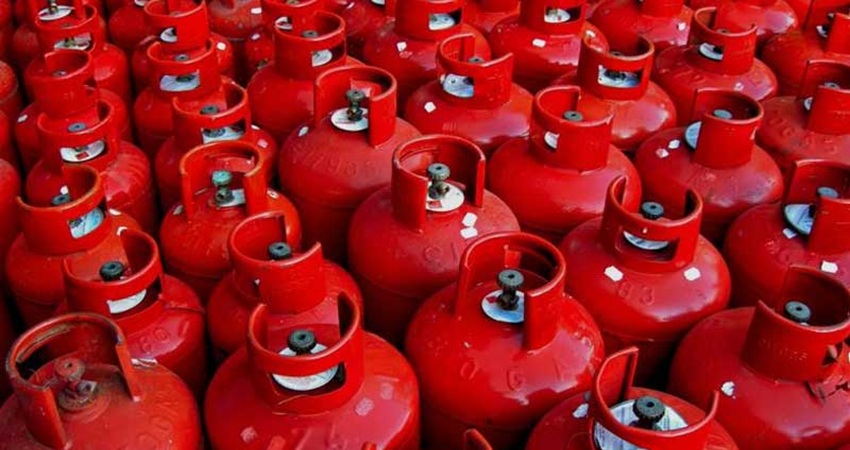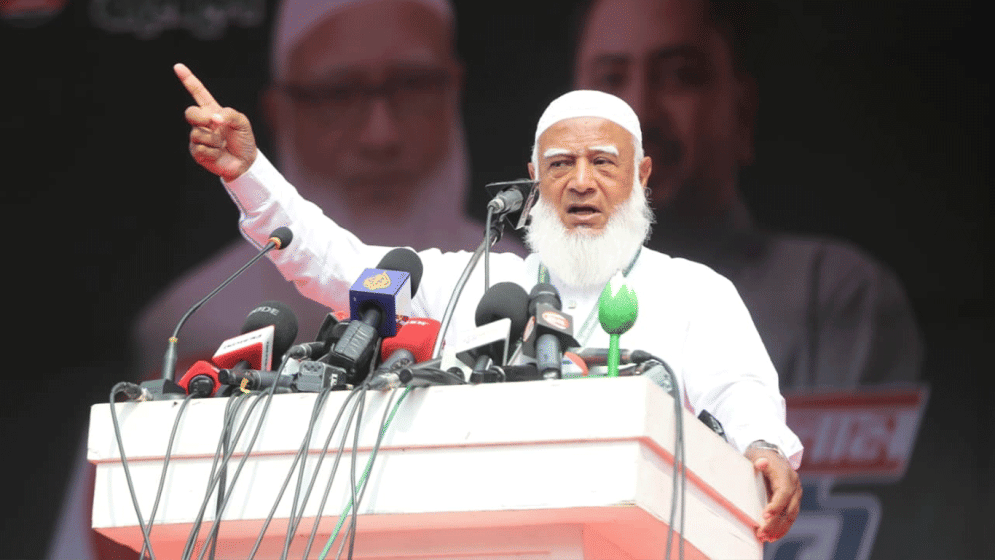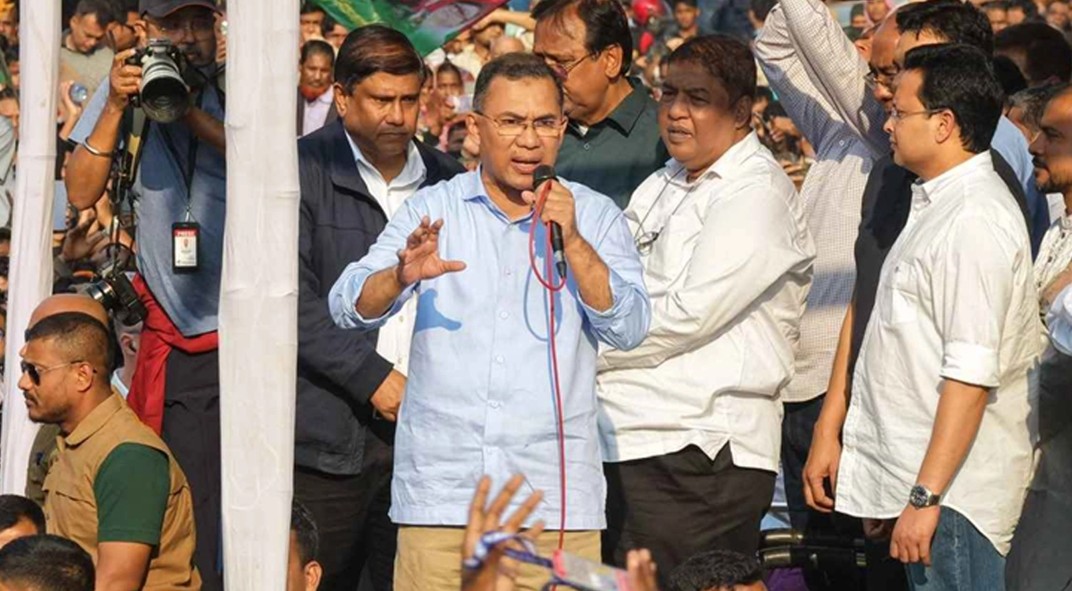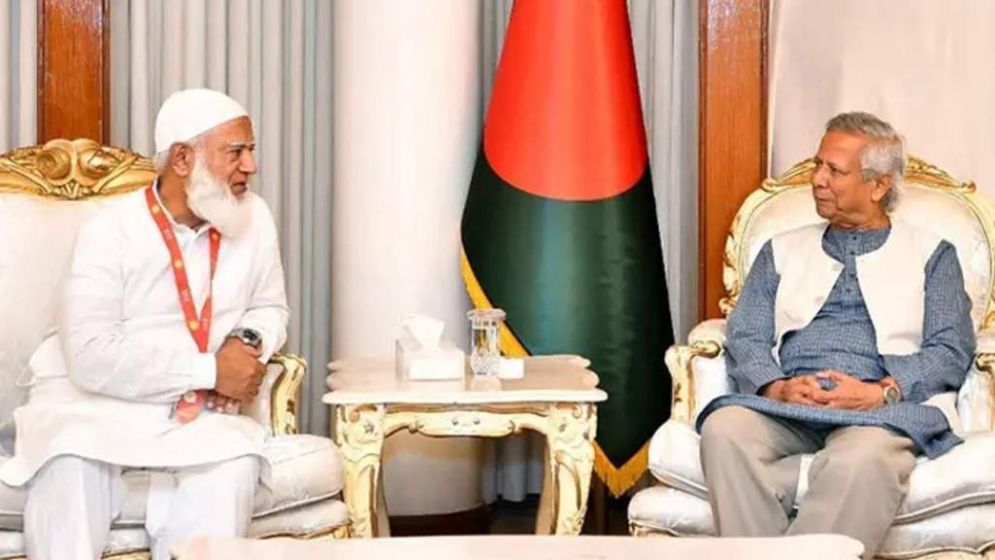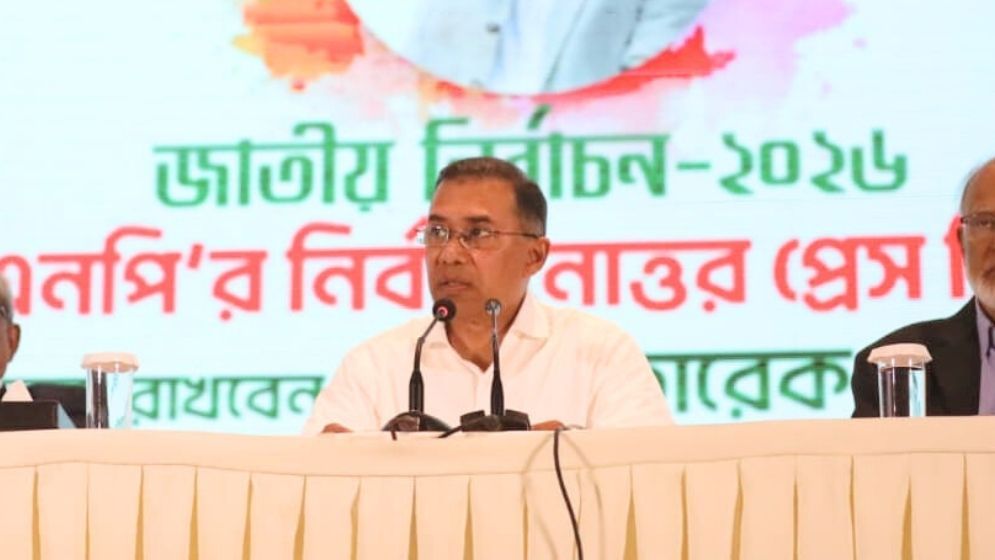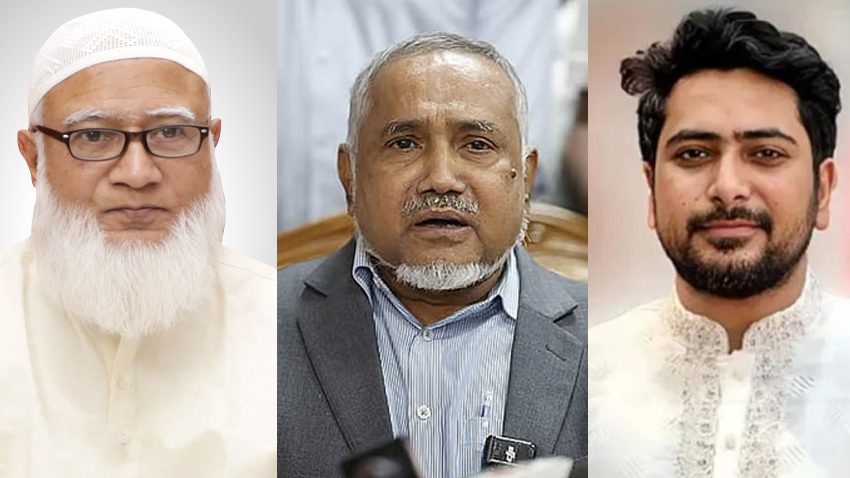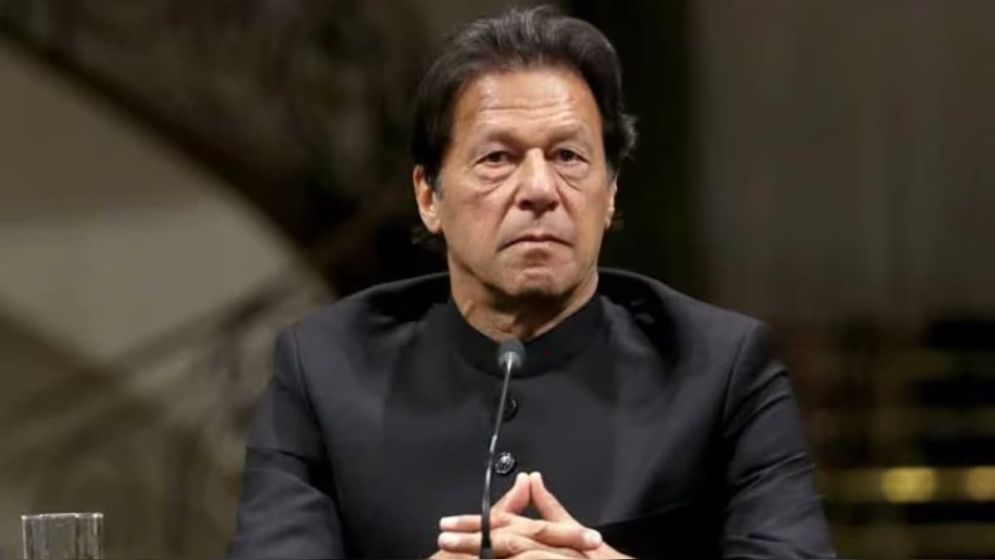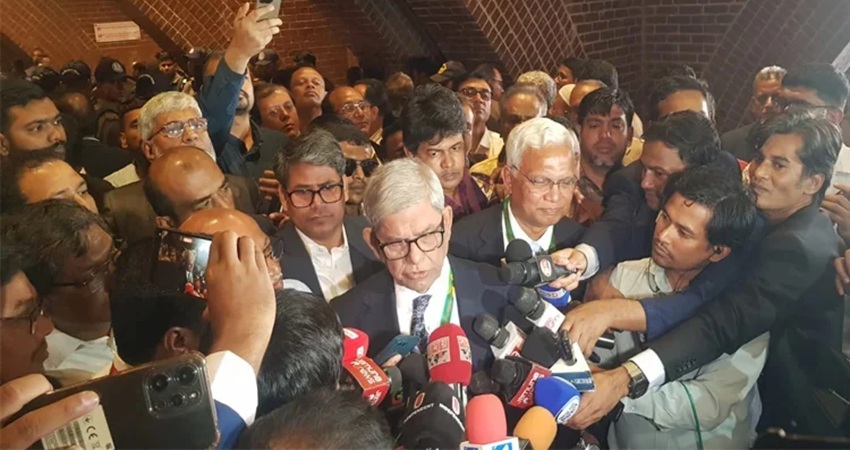On day two of the World Health Summit (WHS) 2025 in Berlin, global leaders called for health to be treated as a political choice and shared responsibility in shaping a resilient, peaceful future.
Against a backdrop of geopolitical tensions, speakers emphasized cooperation, sustainable financing, and solidarity as essential to tackling global health challenges.
German Federal Health Minister Nina Warken reaffirmed Germany’s commitment to the WHS and WHO, stressing the importance of strengthening international institutions.
“Germany will live up to its leadership in global health and international cooperation. Only in this way can we overcome global health challenges,” she said.
“Taking political responsibility for health means choosing to cooperate, to invest, and to act before the next crisis,” stressed Hadja Lahbib, commissioner for preparedness and crisis management and commissioner for equality.
“The European Union has made that choice – by strengthening its preparedness and response capacities, and by driving global solidarity through the new Global Health Resilience Initiative. In a world of fragmentation, the EU stands for cooperation, trust in science, and shared responsibility – because our health, our security, and our future depend on it.”
“In our divided and turbulent world, investing in public health has never been more essential, both as the foundation of stable and secure societies, and as a bridge to peace between communities and nations,” said Dr Tedros Adhanom Ghebreyesus, WHO director-general.
“We call on all countries and partners to focus on what matters most: the people we serve, and to harness the power of science, partnership and innovation to build a healthier, safer and fairer future.”
Gallup’s emotional health report: peace, health and wellbeing linked
Gallup’s inaugural State of the World’s Emotional Health report, unveiled in partnership with WHS, draws on interviews with 145,000 adults across 144 countries in 2024.
Findings show that negative emotions, such as worry (39%), stress (37%), sadness (26%), anger (22%), and physical pain (32%), are significantly higher than a decade ago, and closely tied to levels of peace and stability.
In less peaceful nations, sadness and anger are markedly more prevalent, while positive emotions like laughter and respect correlate more with GDP than peace.
“Our work with the World Health Summit brings clarity to a simple truth: emotional wellbeing and peace are not separate pursuits. When one fails, the other follows. In less peaceful countries, people are far more likely to report sadness and anger, even after accounting for income differences,” said Gallup CEO Jon Clifton.
“Positive emotions such as laughter, enjoyment, and respect are less common in less peaceful societies and depend more on GDP. This is not the case for negative emotions, which remain strongly tied to fragile peace — suggesting that while peace reduces distress, it does not deliver a positive emotional dividend above and beyond GDP per capita.”
Reflecting on the findings, WHS CEO Carsten Schicker underscored the importance of this partnership: “Gallup’s new data confirm what we at the World Health Summit see every day: Peace, health and emotional wellbeing are inseparable. Emotional distress at a societal level is not just an individual burden; it is a warning sign for societal fragility, and a call to collective action. By working together across sectors, we can turn evidence into solutions that strengthen resilience and stability worldwide. That is why the World Health Summit is proud to partner with Gallup: Together, we bring health to the center of the global agenda.”
GPMB report: pandemic preparedness in a volatile world
The Global Preparedness Monitoring Board (GPMB) released its 2025 report, warning that health security hangs in the balance without urgent investment in primary health care, real-time risk assessment, and robust international cooperation.
Co-Chair Kolinda Grabar-Kitarović stressed that primary health systems build trust and deliver essential services in peacetime, enabling rapid response in crises.
“In our increasingly volatile and uncertain world, real preparedness for pandemics and other health emergencies must be anchored in well-functioning and well-financed primary health care systems,” said Kolinda Grabar-Kitarović, who is also a former president of Croatia.
The GPMB, established in 2018 following the West Africa Ebola epidemic, monitors the state of the world’s preparedness for pandemics and other health crises.
It is an initiative supported by the World Health Organization and the World Bank.
Reflecting on the findings of the GPMB report, World Health Summit President Axel R Pries said: “To tackle emerging threats like pandemics and the climate crisis, we need resilient, inclusive systems, innovative financing, and genuine partnerships that empower local leadership. This requires a new approach to care – strengthening primary health care, engaging communities more closely, and ensuring a protected health workforce; and stronger cooperation – built on solidarity, equity, and the fair sharing of data, samples, and benefits.


 Reporter Name
Reporter Name 